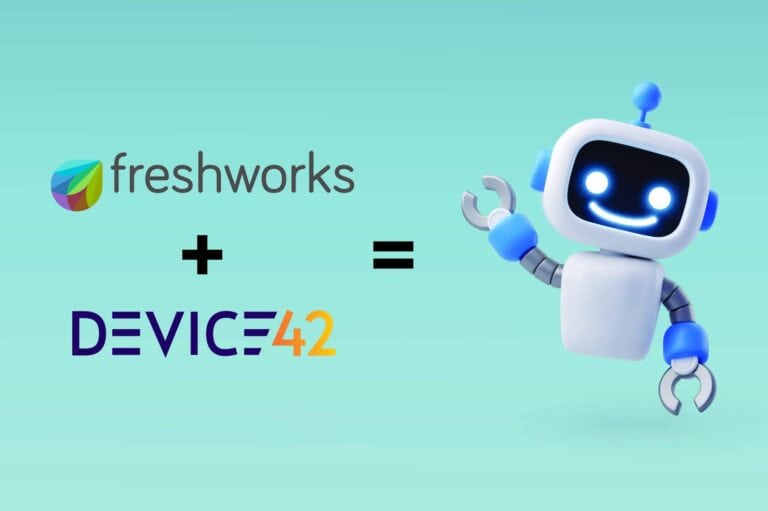The changes you need to influence behaviour
If you have a technical bent, and if you’re reading this you probably have, it wouldn’t surprise me if you’re as baffled by people as I am. Things, I understand; people, less so. It took me forty years to realize that other people don’t think about things the same way that I do. An example. Whereas I won’t fill a kettle with more water than I need to boil, others – you guess who – seem to think that a kettle always need to be filled to the brim. I simply could not understand this behaviour until a Dutch professor, Geert Sanders [Sanders], shared the following insight in a course about organisational change. “People always do things for reason.” he said, “If their behaviour puzzles you, you just don’t understand where they’re coming from. Change the wallpaper.” What he meant by change the wallpaper is, try to imagine the circumstance under which this behaviour would seem logical.” Going back to the kettle, it’s simply that I have different values than you-know-who. I value efficiency. Not wasting time, money or other resources. That’s why it gives me great pleasure to fix things by creative use of existing resources. E.g. string and duct tape.
Table of Contents
ToggleSo what kinds of wallpaper are there? After some considerable thought and discussion, not only with IT industry colleagues but also with a group of teenagers as part of a personal development workshop [Breekjaar], I came up with the following factors that drive behaviour.
- Environment and resources
- Carrots and sticks
- Knowledge and skills
- Health and mood
- Beliefs and thought patterns
Environment and resources
Behaviour is affected by your physical environment, the tools and other resources that are available, the people with whom you interact, the organisational policies and procedures. An example is the degree of autonomy1) that you have to take decisions.
Carrots and sticks
Extrinsic incentives such as wage raises, bonuses, promotion or demotion, and praise or admonishment influence your behaviour, although only to a certain degree. Intrinsic incentives such as the satisfaction of doing a good job, or helping people, are usually stronger. If an organisation’s purpose1) appeal to you, you’ll probably perform better.
Knowledge and skills
The more you understand and master1) your particular domain, the better you will be able to perform. However, being ‘able to’ does not necessarily mean that you will actually behave better – that depends on whether you are motivated to do so.
Health and mood
If you’re physically or mentally incapacitated, you’ll perform poorly. At a macro level, general well-being is closely correlated with social and economic equality. At an individual level, the circumstances under which you work (see environment and resources) will influence your health and mood. And in so-doing, behaviour.
Beliefs and thought patterns
The most deep-rooted factors are, unsurprisingly, the most difficult to change. Yet values, perspectives, opinions, pre-conceived ideas, habitual trains of thought etc. are amongst the most powerful drivers of behaviour. Because these factors are so deep-rooted, people often aren’t aware of them until others point out different perspectives. Whether they will change, will depend on their openness to other ideas. If the ‘openness’ value is low, it’s going to be a long haul.
Autonomy, mastery and purpose
In his book Drive, Daniel Pink [Pink] proposes that not only performance but also satisfaction at work depends on three things: autonomy, mastery and purpose. Organizations can work on autonomy by giving people real control over various aspects of their work, whether it’s deciding what to work on or when to do it. To leverage mastery, giving people Goldilocks tasks, as Pink puts it, is the way to go. These tasks are neither too difficult nor too easy. They fit a person’s exact capabilities, giving them space and support to reach a little higher to foster improvement, continual mastery, and growth. Finally, people who find purpose in their work are highly motivated. Connections to a cause larger than yourself that drives the deepest motivation. Purpose is what gets you out of bed in the morning. Connect employees to something larger than themselves.
Pink’s suggestions are a great place to start. More interventions will be explored and shared in due course. But first a nice cup of tea. Where’s that kettle?
References
- Sanders: www.geertsanders.com (Dutch) & Tom Peters’ book Liberation Management
- Breekjaar: static.ow.ly/photos/normal/7tKKr.jpg
- Pink: www.danpink.com





